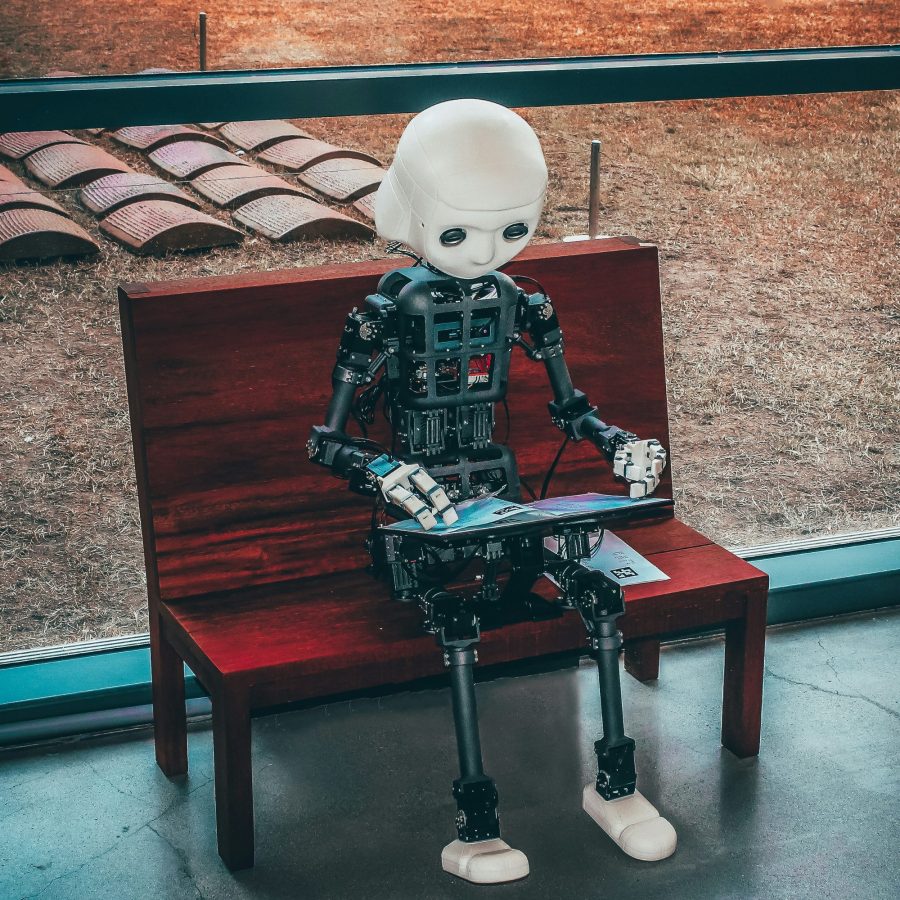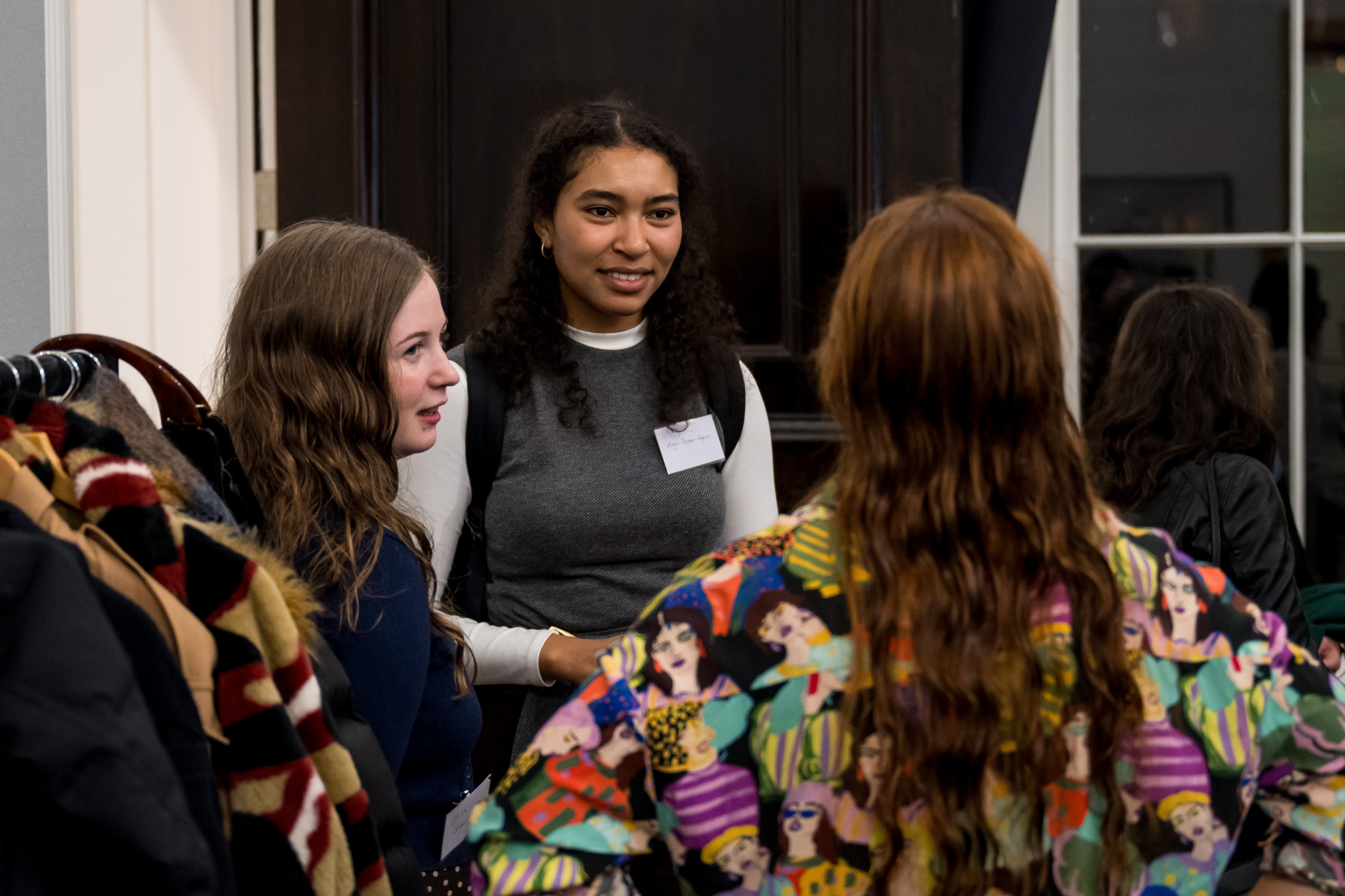We’re living in a digital age where AI and technology are advancing faster than ever. From smartphones to smart homes, it’s clear we’re riding a tech-powered wave. But as we dive into the world of Artificial Intelligence (AI), we must ask: Are we moving too fast?
AI already plays a role in our everyday lives. On a small scale, it helps students through tools like ChatGPT or Quizlet’s AI tutor. On a larger scale, it powers self-driving cars, analyses massive data sets, and even supports cutting-edge research with quantum computing and machine learning. The reach of AI is expanding rapidly—from the classroom to the cosmos.
There are many reasons AI is becoming so influential. It saves time, works around the clock without fatigue, avoids human errors, and can perform repetitive tasks with ease. Unlike humans, AI doesn’t get bored or distracted. It can also make decisions without personal bias, at least in theory. These qualities make it a game-changer across fields like healthcare, transport, finance, and education.
But AI and technology aren’t perfect. Developing advanced systems is expensive, and many still lack creativity and empathy. There’s growing concern about job displacement as machines replace people in some roles. In schools, students may rely too heavily on AI tools, avoiding real learning and research. And while AI should be neutral, it’s only as unbiased as the people who design it—imagine courtroom software unintentionally reflecting a programmer’s own views.
So, what’s the verdict? AI is here to stay and offers huge potential, but we need to tread carefully. Governments, schools, and industries must be given time to adapt. With smart planning and ethical guidelines, AI can shape a future that’s innovative, inclusive, and sustainable for all of us.





